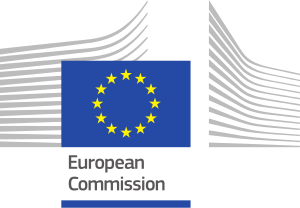What is the problem
5 billion euros of public money is at risk of corruption each year in Europe. The EU spends billions on projects designed to help development across Europe. Structural and investment funds help build everything from roads, to schools, housing, water and power supply and other community improvement. But with such vast expenditures, opportunities for public money to be lost through fraud, corruption and mismanagement are rife. That is why it is vital to make the whole process around procurement transparent, open and accountable.
What are we doing?
Integrity Pacts are an agreement between public authorities, companies bidding for a contract and civil society around public works. Through transparency and monitoring Integrity Pacts improve trust and accountability in public procurement. It promotes good governance and can also encourage institutional changes, such as the increased use of e-procurement systems and improvements of regulatory environments. This large-scale pilot project is across 18 projects in 11 EU countries involving 15 partners to ensure that EU Structural and Investment Funds are provided with safeguards against fraud and corruption. The project is coordinated by Transparency International in Berlin. See the project website here.
Who’s involved?
The Transparency International Secretariat coordinates the project, with the financial support of the EU’s Directorate-General for Regional and Urban Policy (DG Regio).
In total, 15 national partners are monitoring 18 public contracts across 11 EU member countries.
- ActionAid Italia
- Amapola Progetti
- Transparency International Bulgaria
- Transparency International Czech Republic
- Transparency International Greece
- Transparency International Hungary
- Transparency International Italy
- Transparency International Latvia (DELNA)
- Transparency International Lithuania
- Transparency International Portugal (Transparência e Integridade, Associação Cívica)
- Transparency International Romania
- Transparency International EU
- Transparency International Slovenia
- Romanian Academic Society
- Stefan Batory Foundation


